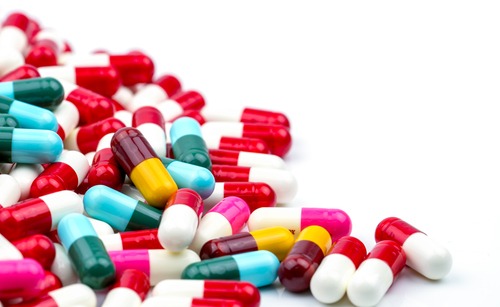
A new report by the World Health Organization (WHO) shows that there remains a relative dearth of antibacterial treatments in the pipeline, despite the growing threat of antibiotic resistance.
The WHOʻs annual Antibacterial Pipeline Report found that of the 43 antibiotics that are currently in clinical development, none of them sufficiently address the problem of drug resistance in the world’s most dangerous bacteria.
“The persistent failure to develop, manufacture, and distribute effective new antibiotics is further fueling the impact of antimicrobial resistance (AMR) and threatens our ability to successfully treat bacterial infections,” Dr. Hanan Balkhy, WHO assistant director general on AMR, said.
The WHO found that almost all of the new antibiotics brought to market in recent decades are variations of antibiotic drug classes were discovered in the 1980s or prior.
The impact of AMR is most vulnerable to newborns and young children as bacterial pneumonia and bloodstream infections are among the major causes of childhood mortality under the age of 5.
The 2020 report reveals a near-static pipeline with only a few antibiotics being approved by regulatory agencies in recent years. Further, those in development offer limited clinical benefit over existing treatments as 82 percent of the recently approved antibiotics are derivatives of existing antibiotic classes. The review concludes that “overall, the clinical pipeline and recently approved antibiotics are insufficient to tackle the challenge of increasing emergence and spread of antimicrobial resistance.”
The WHO concludes that the lack of progress on antibiotic development highlights the need to explore innovative approaches to treat bacterial infections.
“Opportunities emerging from the COVID-19 pandemic must be seized to bring to the forefront the needs for sustainable investments in R&D of new and effective antibiotics,” Haileyesus Getahun, director of AMR Global Coordination at WHO, said. “Antibiotics present the Achilles heel for universal health coverage and our global health security. We need a global sustained effort including mechanisms for pooled funding and new and additional investments to meet the magnitude of the AMR threat.”
To drive investments in antibiotics development, WHO has taken the lead in establishing the Global Antibiotic R&D Partnership (GARDP) to develop innovative treatments. The WHO has been working with other non-profit funding partners such as the CARB-X to accelerate antibacterial research. Another important new initiative is the AMR Action Fund, a partnership established by a coalition of pharmaceutical companies, philanthropies, the European Investment Bank, and others to accelerate antibiotic development through global pooled funding.




